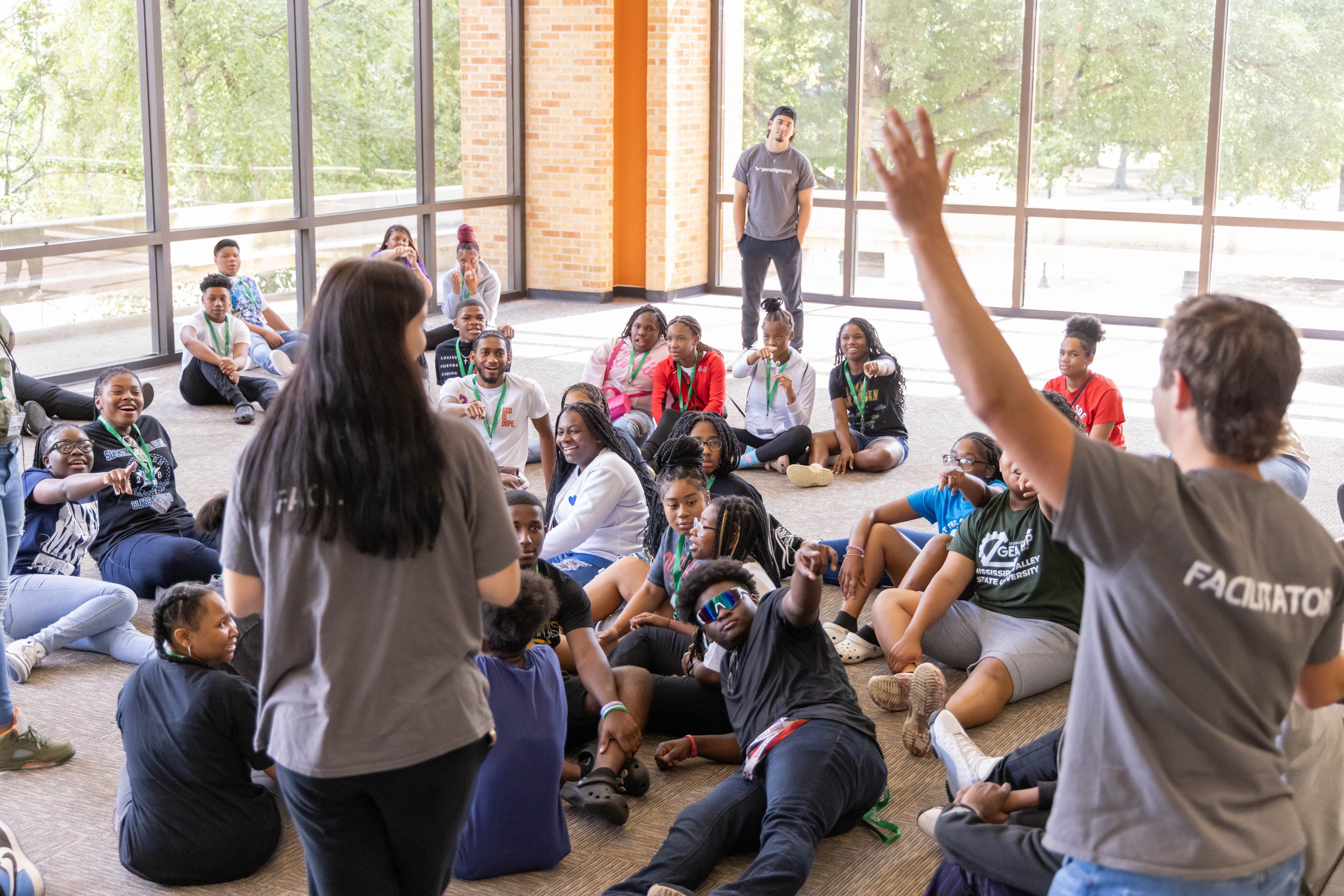
About Us
The MS Delta Gaining Early Awareness and Readiness for Undergraduate Programs (GEAR UP) is a federally funded initiative aimed at supporting low-income students in preparing for and succeeding in postsecondary education. The key points about our program are:
Funding and Duration: GEAR UP grants are competitive federal grants provided by the U.S. Department of Education. Delta State University received a seven-year grant starting in September 2021, totaling $15 million.
Target Audience: The program targets low-income students, specifically starting from 6th grade and continuing to support them through their first year of postsecondary education.
Scope and Partnerships: Delta State University collaborates with nine school districts statewide and other strategic partners and stakeholders to deliver services. This partnership model ensures comprehensive support for over 2,700 students and their families annually.
Services Provided: The program offers a range of services to enhance students' readiness and success in higher education. These services include tutoring, academic counseling, dual enrollment opportunities (where students can earn college credits while in high school), career development guidance, financial literacy education, and professional development for educators.
Long-term Goals: By providing early and sustained support, GEAR UP aims to increase the number of students who are not only prepared to enter but also succeed in postsecondary education. This aligns with broader national goals of improving access and equity in education.
Overall, GEAR UP at Delta State University exemplifies a concerted effort to bridge educational disparities by equipping students with the necessary tools and resources for academic and personal success beyond high school.
OUR program Objectives
Increase the academic performance and preparation for postsecondary education for students.
Increase the rate of high school graduation and enrollment in postsecondary education for schools.
Increase students and their family’s knowledge of postsecondary education options, preparation, and financing.
Increase the Career Readiness of Cohort students.